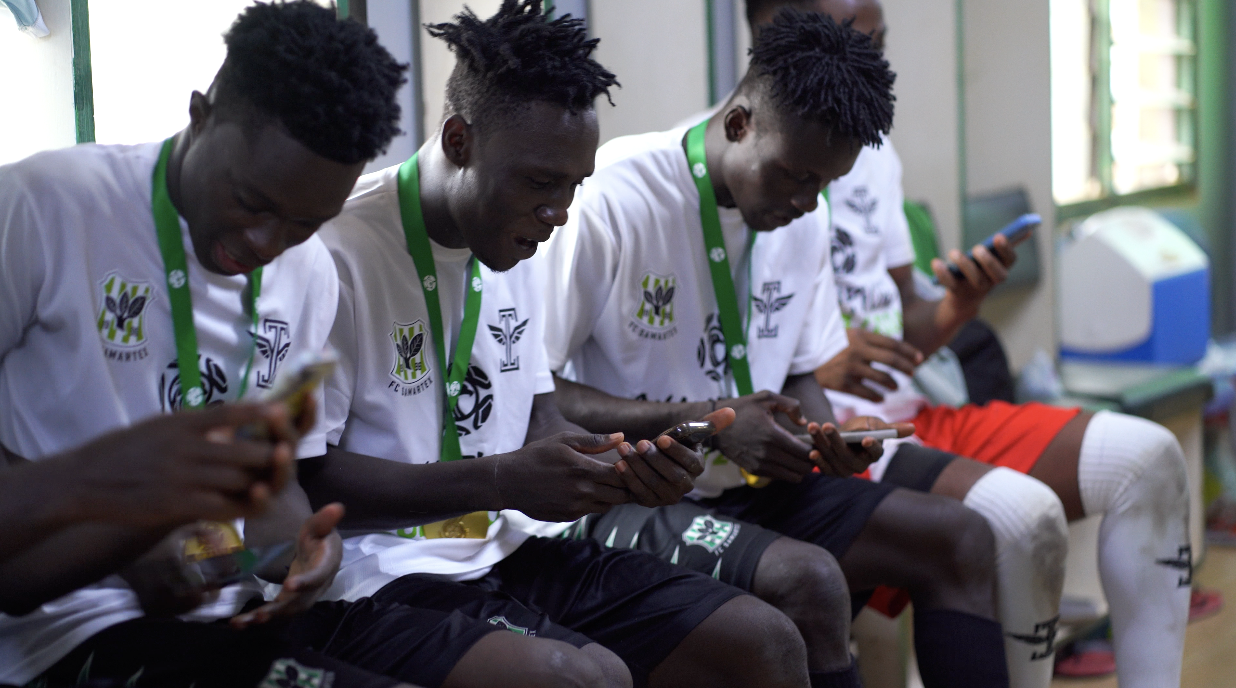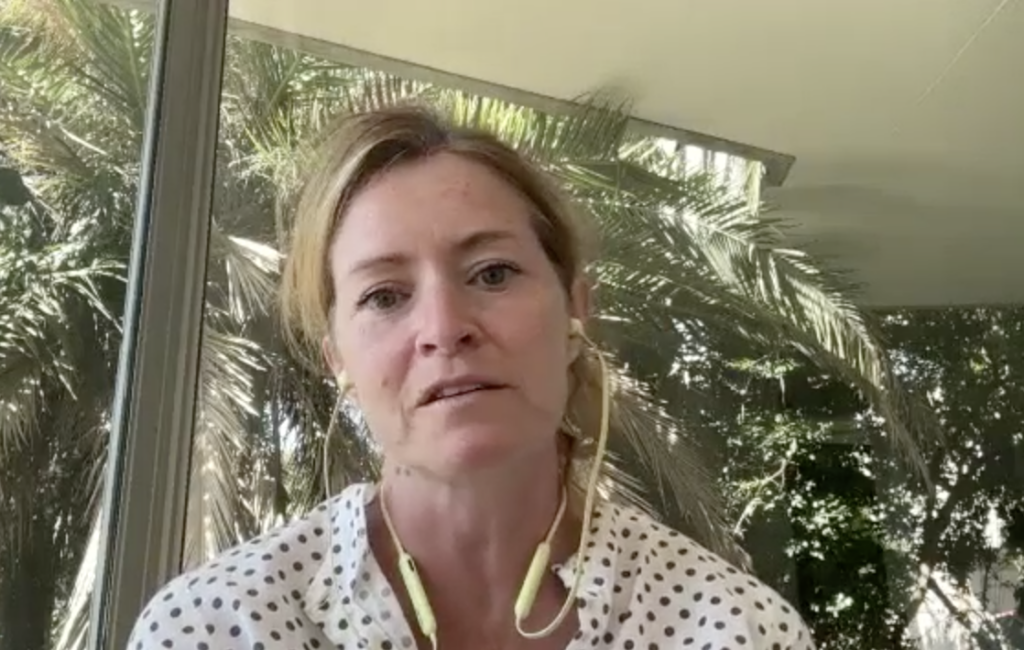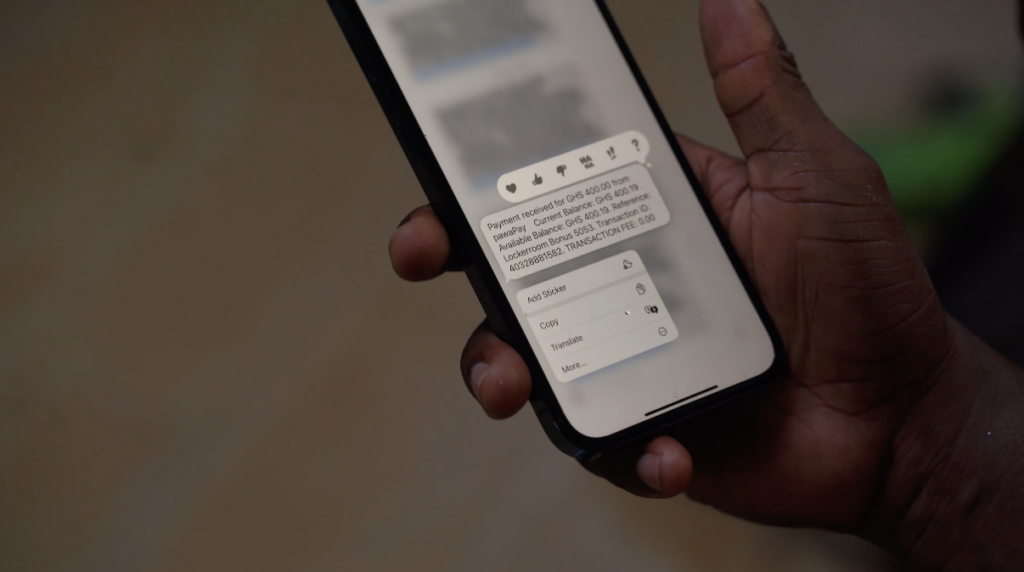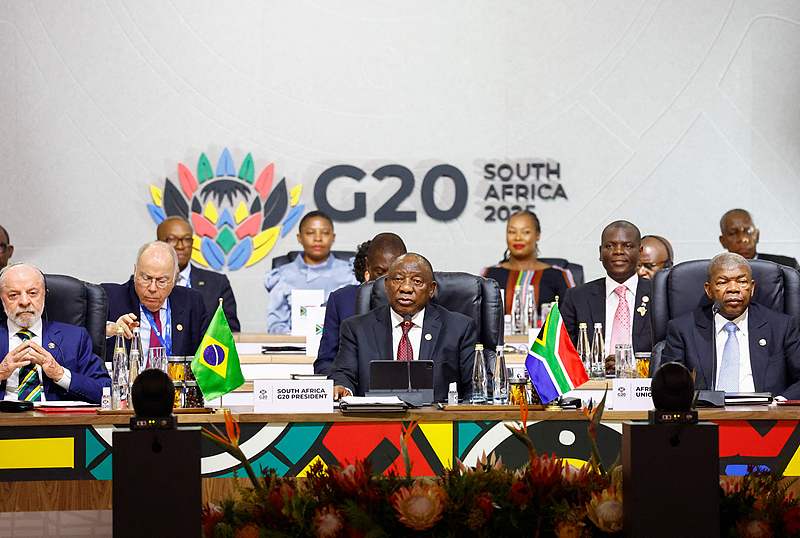
How technology is changing the way athletes get paid in Africa
Technology has revolutionised sports across the world. On the field of play, technological applications have greatly helped officials make faster and more accurate decisions. But off the field, and more so in Africa, technology is actively empowering players by rewarding them for their dedication and hard work.
pawaPass, a regulatory technology (regtech) company, partnered with Mchezo Group, a sports company, to roll out the Locker Room Bonus (LRB), a scheme that pays out bonuses to winning teams immediately after their match.
The LRB is operational in three African countries – Ghana, Rwanda, and Uganda – and encompasses select leagues in football and basketball in the respective countries. Membership in the scheme is voluntary.
At the core of the LRB scheme is pawaPass’ technology, a biometric solution that verifies people remotely to counter fraud and distrust online. The technology combines low-touch data points, non-ID-based user verification and highly accurate anti-duplication technology to achieve this. It also employs exceptional face and document verification tools that adhere to the highest security and encryption standards.

pawaPass CEO Sylvia Brune said the main drive behind the technology was to give consumers and entities the utmost confidence that the person they were transacting or dealing with was a real and unique person, rather than a bot, troll or even a fraudster.
“What was really important in our selection process was that we could ensure that there was no possibility to spoof the person being verified because there are some biometric technologies that can be spoofed with either a photo or a mask or intercepting a feed,” Brune said.
According to The East African, cases of identity fraud in Africa increased by one percent in 2023 to 29 percent, implying that close to one in three identification documents used to verify users online in Africa is either fake or stolen.
pawaPass emphasizes biometrics, meaning traditional identification methods, like identification cards, are complementary rather than foundational.

“What makes this (technology) unique is that we based the entirety of uniqueness on the face, only the face. And then after that, we supplement with other data points, like IDs, phone numbers, or even device IDs. Through that we get to the core of being able to verify that this person is indeed unique and real,” Brune said.
Brune noted that IDs have their own merits but still pose challenges in the LRB setup. For example, an individual, especially in Africa, can have several IDs, like passports and driver’s licenses, which do not share a foundational ID number. Other means of identification were also found to have different challenges, especially for young people.
“In Africa, it’s very common to verify people with phone numbers but, of course, people can have very many phone numbers. If you rely on phone numbers, especially for this demographic, or passports or IDs, then you rule out too many people who, otherwise, could be receiving funds for their sports achievements.”
Mchezo Group’s chief brand officer, Spencer Okatch, also said that every measure has been taken to protect the information of the players and coaches against breaches and phishing.
“Our technology is very robust. We do not share data. We have all the instruments of data protection.”

Thus far, the LRB has been a success ensuring that hundreds of eligible athletes and coaches receive their bonuses on time. Brune said this was a step in the right direction for sports in Africa given the highly publicized sagas across the continent of players and coaches not receiving their wages and salaries in full, let alone bonuses.
“We built an integration with pawaPay, which is a mobile money payment aggregator operating across Africa. And through that integration, the payouts to the players go to their mobile accounts directly and, hopefully, as fast as possible after they’ve won a match.”
“Sometimes not all footballers or sportspeople across Africa get paid on time or it’s not always easy to trace that the payment is going where it should. You know, there can be delays, there can be reasons why it’s not going where it should,” Brune said.






